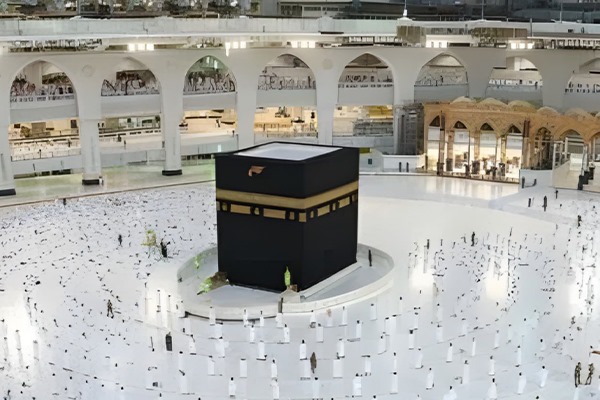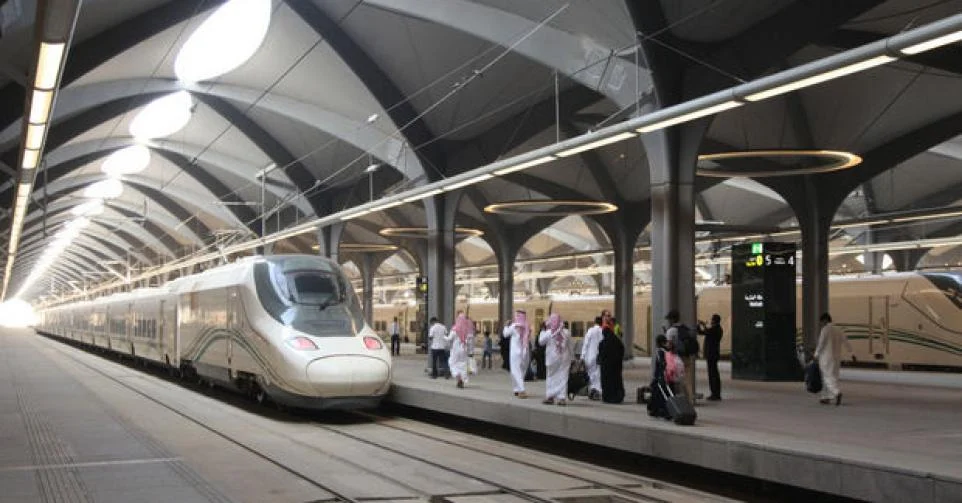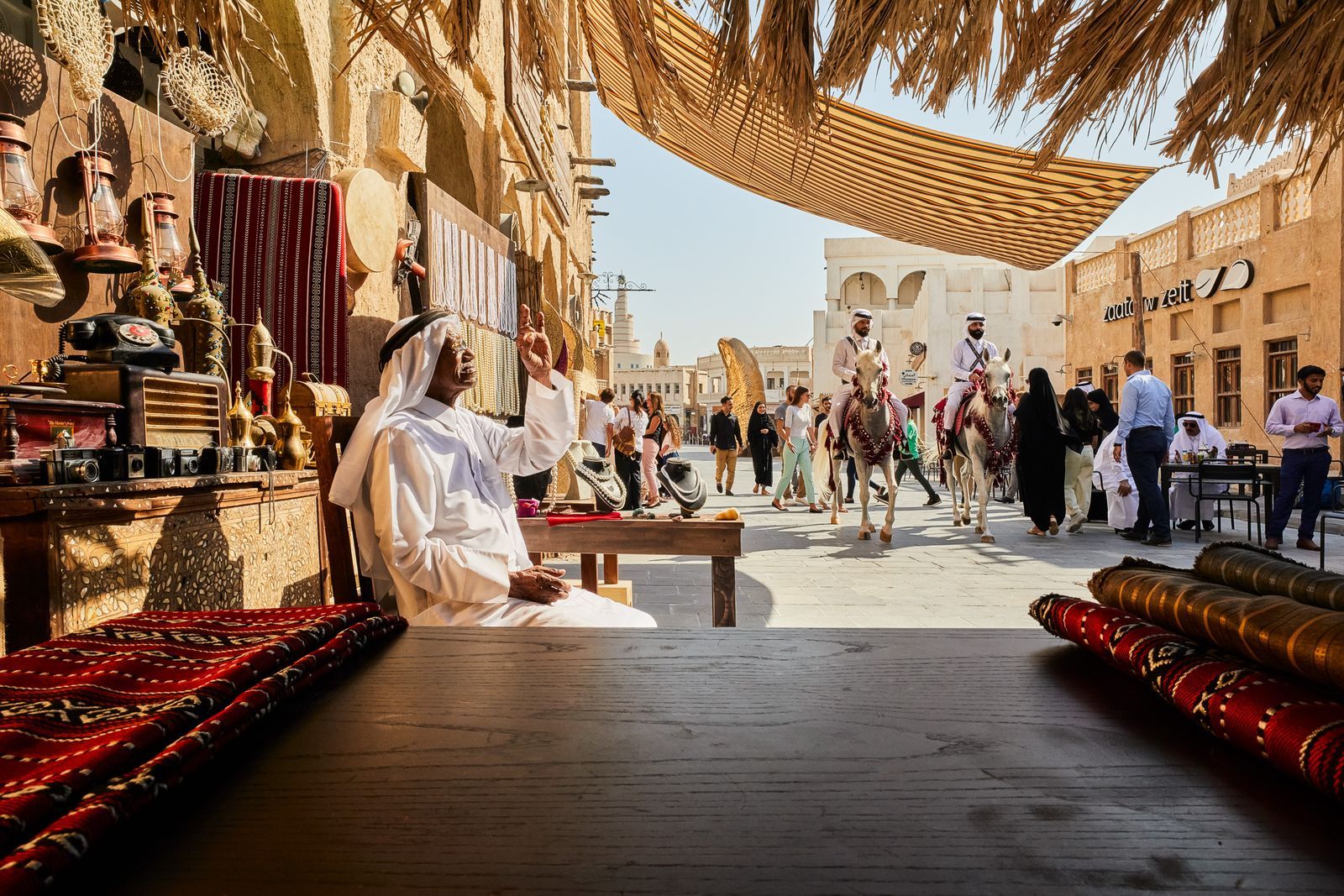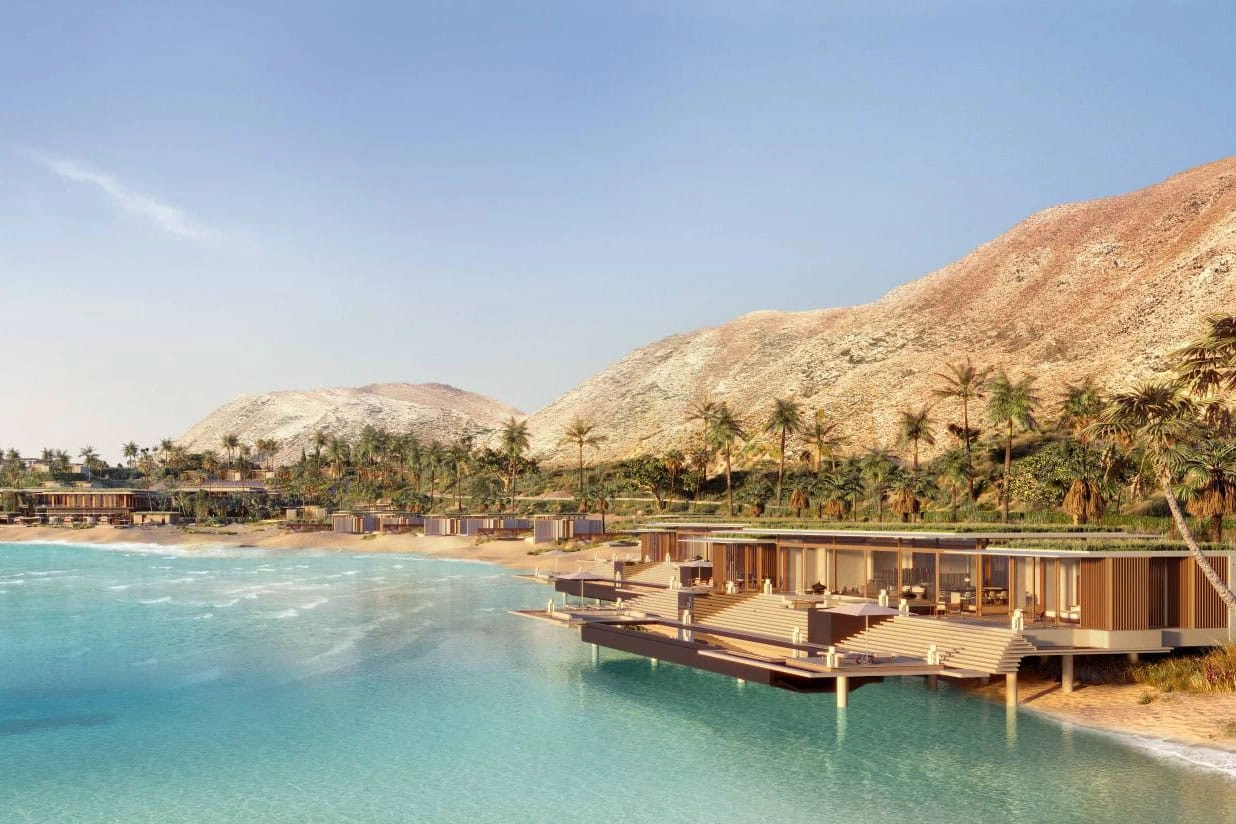The Saudi Ministry of Human Resources and Social Development has announced significant updates to temporary work visa regulations for Hajj and Umrah services, aimed at enhancing flexibility and efficiency for the private sector. The amendments, approved by the Saudi Cabinet on Tuesday, will help businesses align their labour needs with market demands while fostering a more attractive work environment, according to the Saudi Press Agency (SPA).
Key Updates to Temporary Work Visa Regulations
- Renaming and Extended Grace Period: The seasonal work visa is now officially termed the “temporary work visa for Hajj and Umrah services.” The validity period has been extended, allowing applications from Shaban 15 until the end of Muharram (approximately February 14 to July 25), providing businesses with greater operational flexibility.
- Expanded Eligibility for Umrah Season Establishments: Businesses catering to Umrah pilgrims will now have increased access to temporary work visas, addressing labour demands more effectively.
- Enhanced Governance and Transparency: The revised regulations introduce clear timelines for processing visa applications, ensuring a streamlined and well-regulated system.
- Stronger Worker Protections: Employers are required to provide signed employment contracts to both parties, and medical insurance is now a mandatory prerequisite for visa issuance through Saudi embassies and consulates.
- Stricter Measures to Prevent Misuse: New penalties will be enforced to deter any misuse of temporary work visas, safeguarding the integrity of the system.
- Simplified Visa Extensions and Processing: Businesses can now extend visas for an additional 90 days and no longer require endorsements when issuing temporary visas, significantly reducing bureaucratic hurdles.
These regulatory changes will take effect 180 days after approval, allowing businesses ample time to transition smoothly while ensuring seamless operations during the Hajj and Umrah seasons.
For the latest updates on Saudi labour policies and Hajj and Umrah regulations, follow US.




